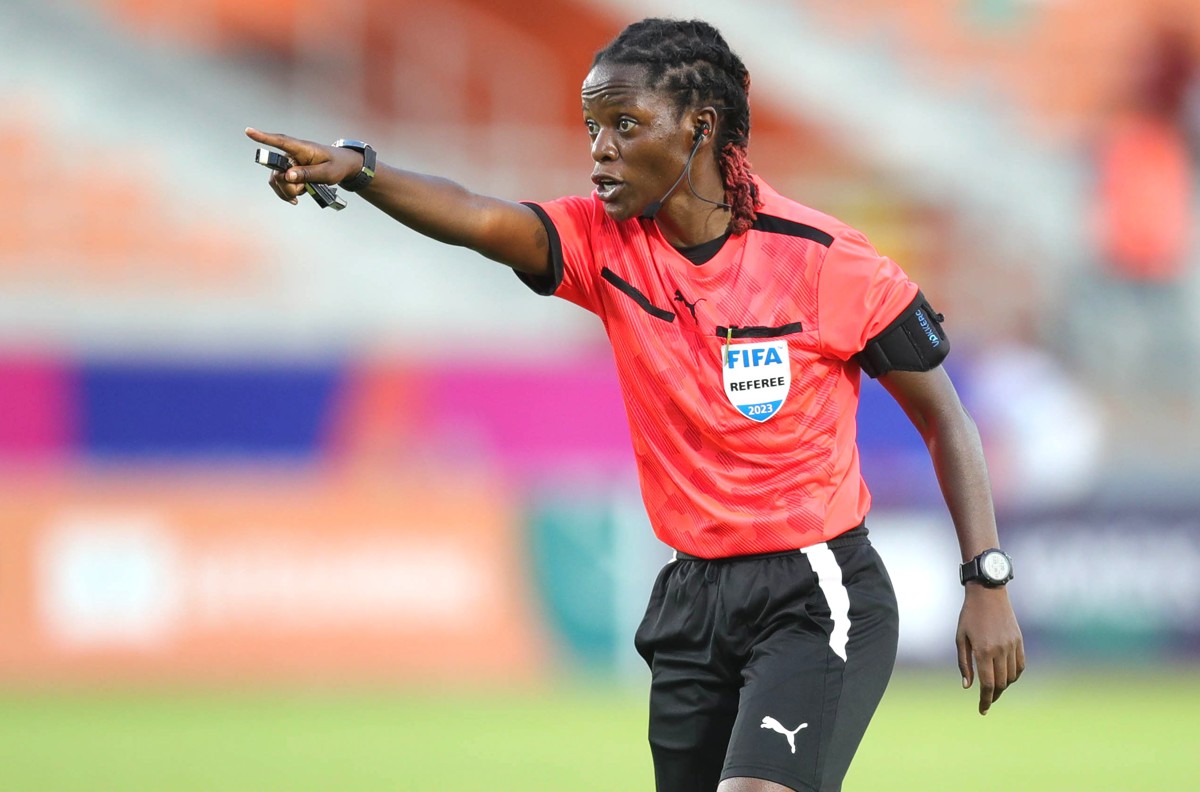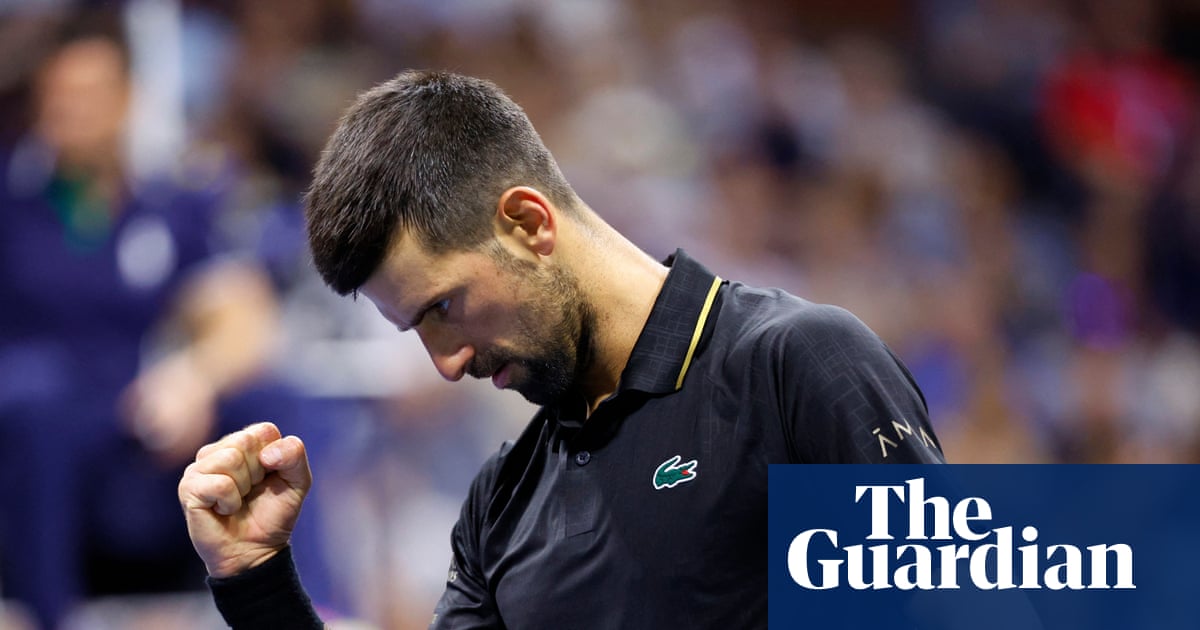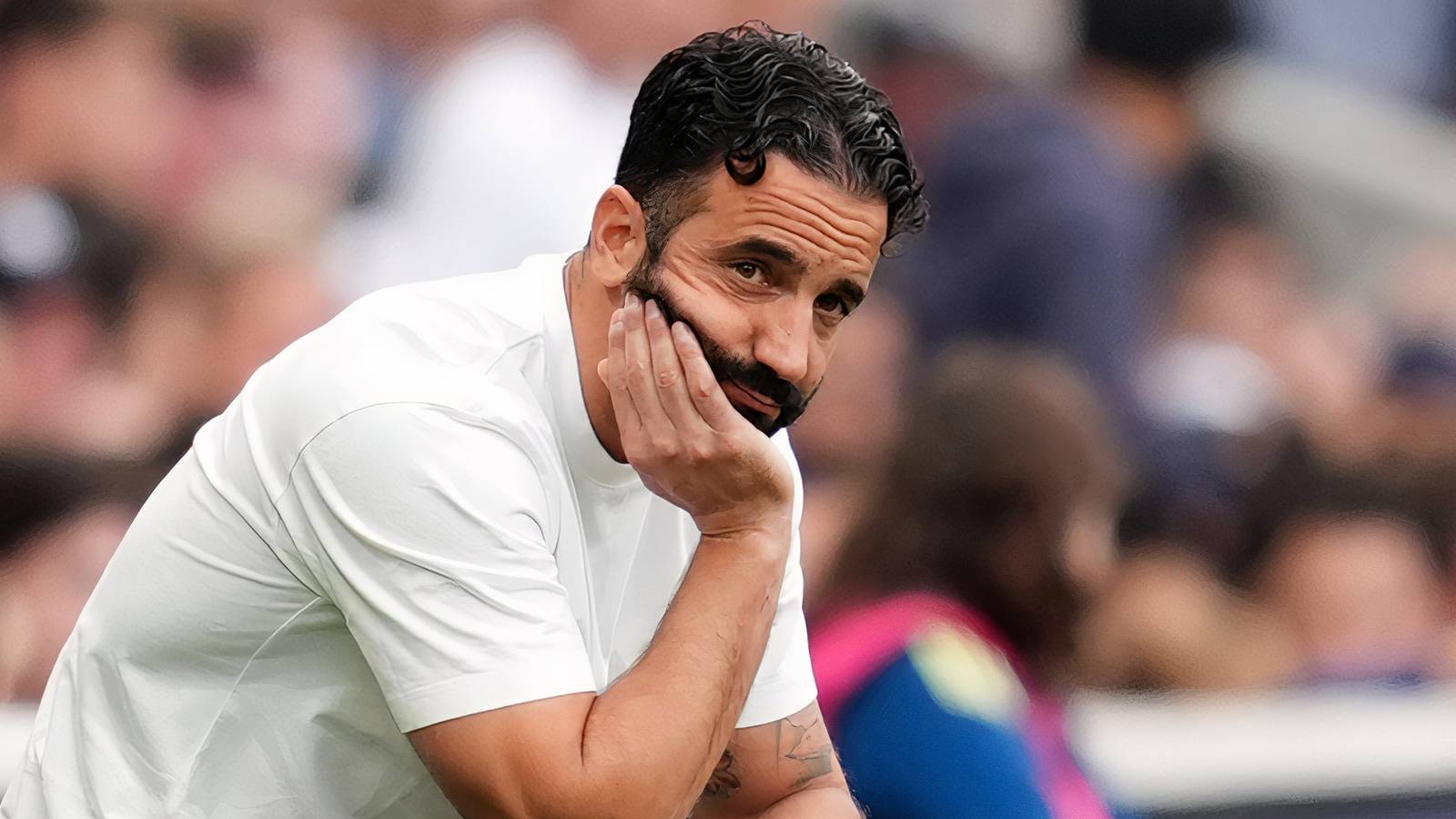From Footballer to Referee: Uganda’s Nabadda looking to make strides in different kit

Shamirrah Nabadda’s story is one of reinvention, resilience, and breaking barriers.From a player in Uganda’s top-flight women’s league to a trailblazing referee officiating on some of football’s biggest stages, she has shown that ambition can carve out new paths even when life takes unexpected turns.Today, at just 33, Nabadda is officiating at the ongoing TotalEnergies African Nations Championship (CHAN) PAMOJA 2024 in East Africa, adding another milestone to a remarkable career that has already included the Olympic Games, the FIFA Under-17 Women’s World Cup, and the Women’s Africa Cup of Nations (WAFCON).Her rise is both deeply personal and symbolic of a wider movement giving women greater visibility in African football.From boots to whistlesNabadda’s beginnings in football were like those of many girls across East Africa: chasing a ball through dusty Kampala neighbourhoods with passion far outweighing opportunity.She broke into Uganda’s top flight with Western United, but her career turned unexpectedly when she attended a refereeing course organised by the Federation of Uganda Football Associations (FUFA).Curiosity became a calling. “I used to be a player and enjoyed that a lot. But one day, I officiated a game and then got some money. I was like, okay, this is the side I want,” she laughed.That moment sparked a relentless pursuit that would soon take her from local pitches to the global stage.Rapid rise to the international stageNabadda officiated her first top-flight match in 2016 in the Ugandan Premier League between KCCA and Masavu, the same year she received her FUFA badge.By 2018, she had her FIFA badge, quickly earning assignments at World Cup qualifiers and continental tournaments.Her big breakthrough came at the 2020 Tokyo Olympics, where she became the first Ugandan woman and only the second Ugandan overall since Ali Tomusange in 2000 to officiate at the Games.That achievement made her a household name back home and marked her as one of Africa’s rising refereeing figures.“The last three years have been simply superb for me. I have made so many achievements and I am really proud. Looking back, I don’t have regrets for switching playing with refereeing,” Nabadda told CAFOnline.Taking charge in tough arenasHer composure has been tested in high-stakes games. At the WAFCON semi-final between Nigeria and South Africa, she won plaudits for controlling a tense contest with authority.More recently, she has embraced the challenge of officiating men’s football at CHAN.“This is a nice experience, but still challenging,” she admitted.“The competition is really tough and intense, and physically you have to be at the same level as men. It requires developing yourself constantly; learning, unlearning, and pushing your limits.”That honesty reflects the daily demands of her role. “Men are stubborn compared to women,” she says with a grin.“As a female referee I need to have personality and presence. The boys can be crazy. One small thing and they’re all on you with pressure and words. You need to manage that calmly.”A player’s eye for the gameHer playing background, Nabadda says, has been a secret weapon. “Being a former player has helped me physically, so I don’t struggle much to keep up."I also understand the game better. I can tell when a foul is genuine or when someone is faking. I can almost read their minds because I was once in their shoes.”That ability to blend empathy with authority has made her a respected figure among players and coaches, even in male-dominated competitions.Breaking cultural barriersStill, Nabadda is quick to highlight the challenges women face in Africa when stepping into refereeing.“Our African culture in some countries is really hitting us bad."In very few countries are you able to pick up a girl child in the community and throw them onto the podium to become match officials."It is not easy. It takes a lot of determination, hard work, and passion.”She points out that in some places, women are not even allowed to use the same gyms as men — a structural barrier that holds back potential.For her, progress depends not only on CAF and FIFA’s investments but also on federations taking women’s refereeing seriously.Setting higher standardsThe physical bar is also higher for women officiating men’s competitions.“If you want to participate in a men’s competition, you need to run the men’s fitness test,” Nabadda explains.“Their football is fast. So even if I am good technically, I still need to cope with the speed of the players."So we train together and set a similar bar. It is not the same as doing a women’s competition.”This preparation ensures she can handle the pace and intensity of tournaments like CHAN, where home-based stars from across Africa showcase their talents.The future of women refereeingDespite the challenges, Nabadda is optimistic. “The future of women’s refereeing is very bright."More women are showing interest, and CAF and FIFA are investing in training and equipping us."One thing is for sure: we are talented. Many of us are naturals, but growth means continuous learning, reading, and adapting to changing trends.”She points to the rise in female officials across tournaments as evidence that momentum is building.Her historic achievements are just the start of what she hopes will become the norm.Inspiration for the next generationAbove all, Nabadda sees herself as a role model. “My message is that gender should not determine your success."If you have potential and you feel you can do it as a female match official, then go for it."Even if it is a male-dominated field, never look at yourself and say ‘I am a girl’ or ‘I am a woman’ and hence you cannot do it.Just jump on the podium. You see yourself and see a girl fly in the sky.”She adds with conviction: “There is only one thing that you can achieve without effort; failure. Do you want to be a failure? No. So wake up, fight and achieve your dreams.”Leaving a legacyNabadda’s journey — from a girl chasing a ball in dusty streets to officiating at AFCON, WAFCON, the Olympics, and now CHAN — is not just about personal milestones.It is about expanding the horizon of what African women can achieve in football.Her story is proof that passion can break cultural barriers, resilience can rewrite narratives, and courage can inspire the next generation.As she blows her whistle on some of the continent’s biggest stages, she stands as a symbol that football’s future in Africa has space for everyone.









